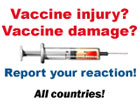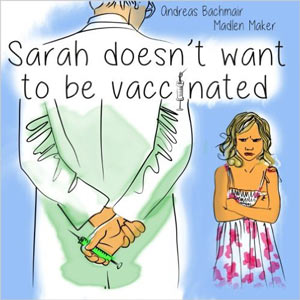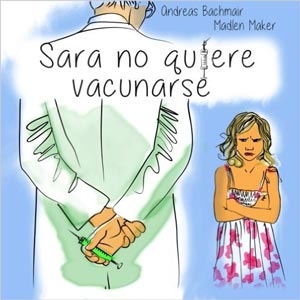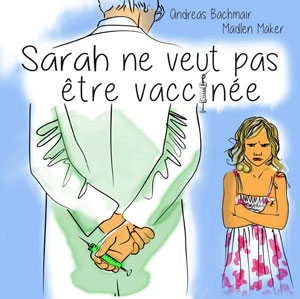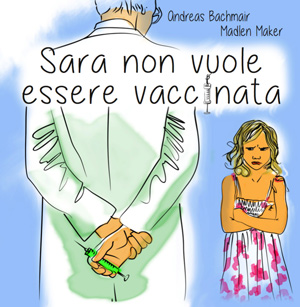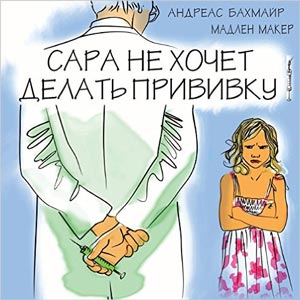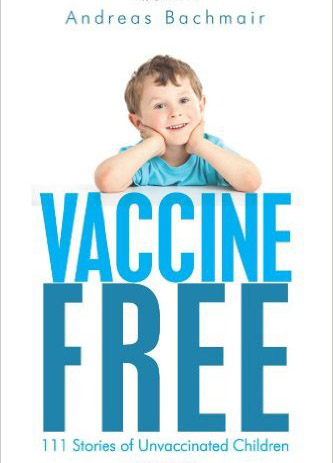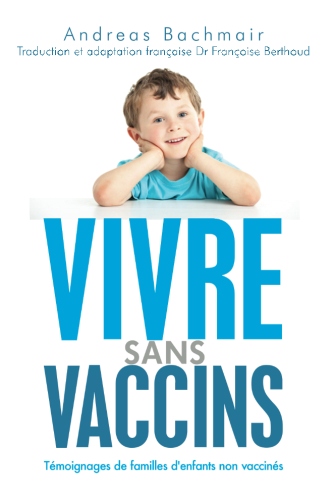Diphtheria
Pathogen
The bacteria is Corynebakterium diphtheriae, which is transmitted air-borne or via infected objects. Only people whose health condition is very weak are in danger, in other words where there is severe food shortage, areas where a war is raging and other emergency situations or in people whose immune system is compromised.
Clinical picture
The course the disease can vary strongly according to the state of immunity of the person who has been infected.
After an incubation period of 3-5 days, localized diphtheria, tonsil diphtheria, throat diphtheria is accompanied by fatigue, nausea, sore throat, stomach ache, joint pain, in rare cases vomiting; some people who contract the disease do not show any general symptoms. In the beginning slight fever that then rises.
Nose diphtheria is accompanied by difficulties breathing, restlessness, impairment eating and blood in snot. Nose diphtheria occurs mainly in babies and small children.
In cases of diphtheria of the larynx there is a barking cough, increasing hoarseness, apthonia. Breathing is impaired and produces a whistling noise when inhaling.
In late stage the tonsils are swollen and a sweet smelling grayish white film is formed on the mucous membrane. Aside from sore throat and hoarseness there is fever and a barking cough. The person can suffocate when the membrane dissolves.
AEGIS Schweiz notes that in 90% of people who have contracted the disease the course it takes is a slight infection of the oropharyngeal area and that it is therefore frequently not diagnosed as such (Emmenegger J., Petek-Dimmer A., Rund um's Impfen, AEGIS Schweiz)
Therapy
Mainstream medicine treats diphtheria with antibiotics, antitoxins and immunoglobulin. According to the complications, intensive care measures are added (pacemaker, tracheotomy …).
Complications
Diphtheria bacteria produce a toxin which leads to paralysis of the heart and damages the liver, the kidneys and nerves (also in the brain). When membranes are loosened there is the danger of suffocating.
Immunity
There is no immunity after the disease has been overcome.


